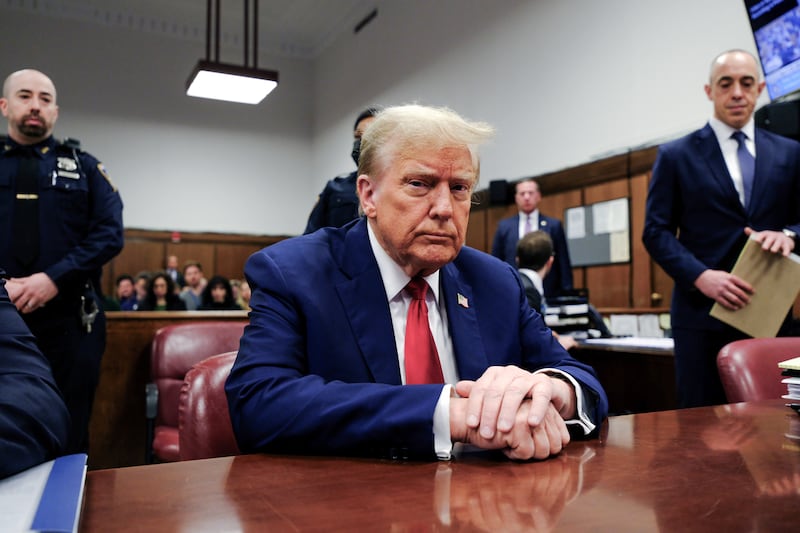A federal appeals court ruled Thursday that the Justice Department can release a report from special counsel Jack Smith about his investigations into President-elect Donald Trump.
But it left in place a temporary order blocking the report’s release, which means Trump’s team has three days to appeal the decision before the findings can actually be released to the public.
In 2023, Smith brought two criminal cases against Trump: one related to his alleged role in the Jan. 6, 2021, attack on the Capitol that aimed to overturn the 2020 election results, and a 40-count indictment for allegedly keeping and mishandling classified documents after he left office the first time.
Those cases were suspended when Trump won re-election thanks to a Justice Department policy that prohibits prosecuting a sitting president. But the DOJ requires special counsels to provide the attorney general with a report explaining why they brought the charges they did.
Smith’s report is in two volumes—one relating to each of his investigations into Trump.
In the two weeks before Trump returns to office, his team has launched a multi-pronged, last-ditch effort to keep Smith’s findings secret.

On Monday, Trump’s lawyers asked the judge who oversaw his classified documents case, Aileen Cannon, for an injunction blocking Attorney General Merrick Garland from releasing Smith’s report. The next day, it filed a similar request with the 11th circuit.
Noting the request pending before the 11th circuit, Cannon agreed to temporarily grant the injunction. She wrote that it would remain in effect until three days after the 11th Circuit’s decision, unless the appellate court decided otherwise.
On Thursday, the 11th Circuit denied Trump’s request to suppress the report. But it left the additional three-day injunction in place for now. In the meantime, Trump’s team can ask the Supreme Court to intervene.
And here’s where things get messy.
Several legal scholars claimed to The New York Times that Cannon didn’t have the authority to block Smith’s report in the first place.
She had stunned legal experts in July by dismissing the classified-documents case on the grounds that Smith had been unconstitutionally appointed as special counsel—a move that was completely without legal precedence, the Times reported.
Soon after, Smith appealed Cannon’s decision to the 11th circuit—a trial judge typically loses authority over a case once an appeal begins. Meanwhile, she never had any authority over the election interference case, which was being heard in Washington, D.C.
Further muddying the waters, prosecutors don’t even plan to release the volume of Smith’s report relating to the classified documents case, since two of Trump’s co-defendants are still standing trial. They’re only immediately interested in making the election interference findings public.
If the Supreme Court is asked to halt the report’s release while it decides whether Cannon’s original injunction was valid, Smith’s findings will remain secret while the court spends months untangling all the thorny legal questions involved.
Even if the Supreme Court ultimately decides the report can come out, Trump will have assumed office then—all but guaranteeing the investigation remains buried for at least four years.






